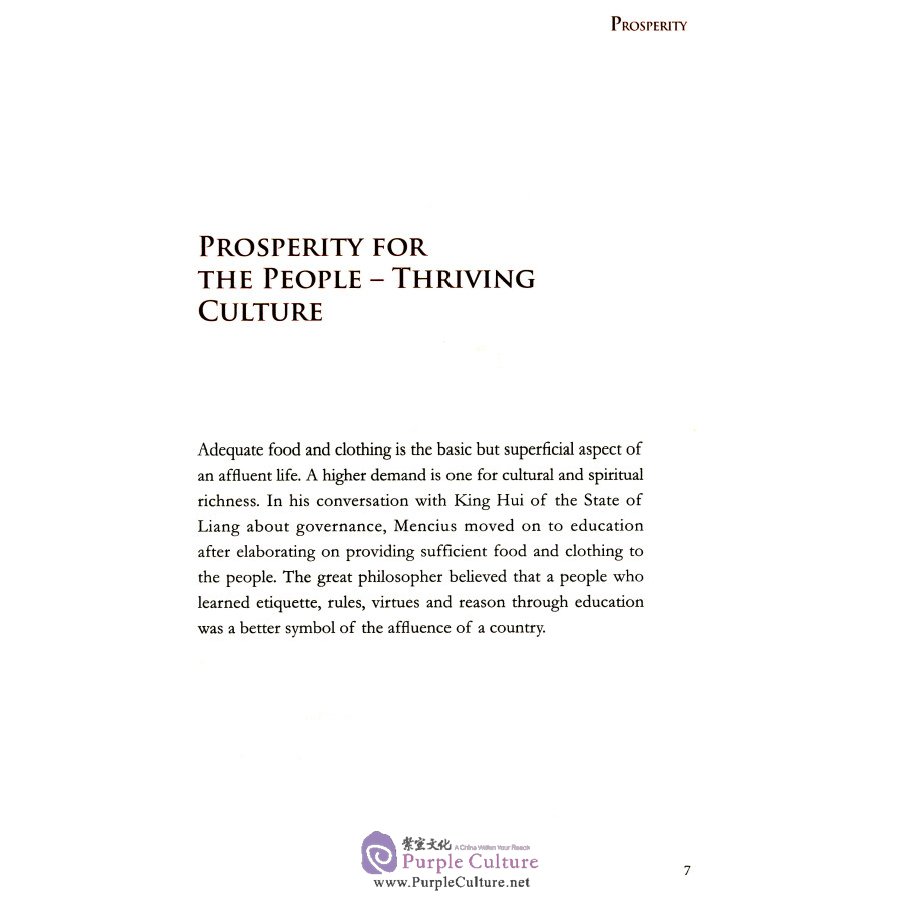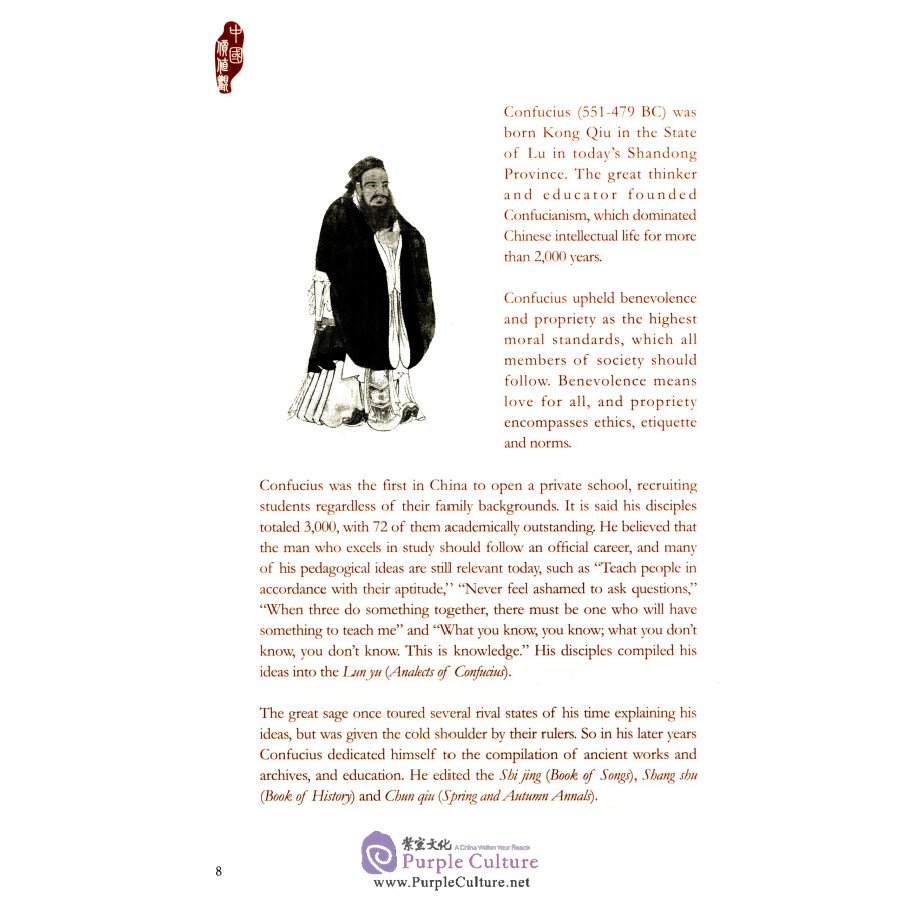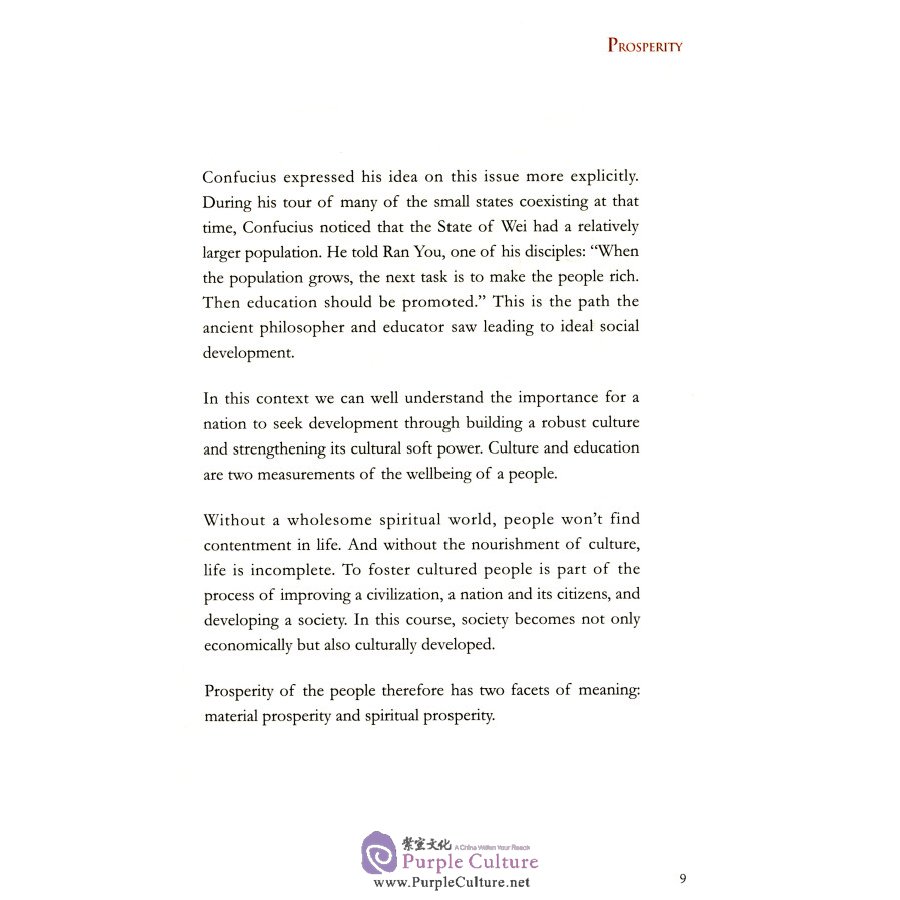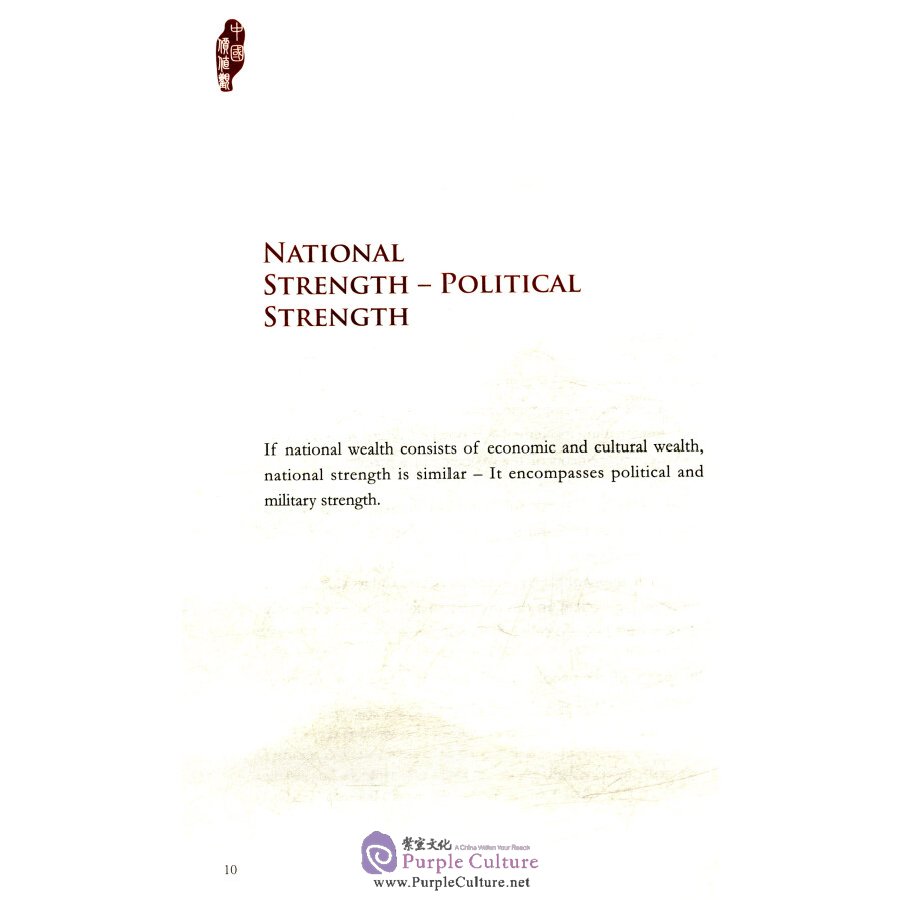Sample Pages Preview
.




Once the law of the jungle and survival of the fittest are accepted widely in human society, racial and religious extremists will seize on them as a pretext to persecute the so—called "underclass." A hallmafk of humanity and civilized society is to conscientiously protect the unprivileged under the general rule of equality, and to defend social justice.It is fair to say that a society's attitude toward the unprivileged reveals the stature of its civilization.
A civilized country convinces the world with its words and deeds that modern civilization does not play by the law of the jungle, and that human society is qualitatively different from the animal world.
For a country, civility means commitment to justice and harmony, a refusal to bully the weak or fear the strong, and being honest about its errors and mistakes.



